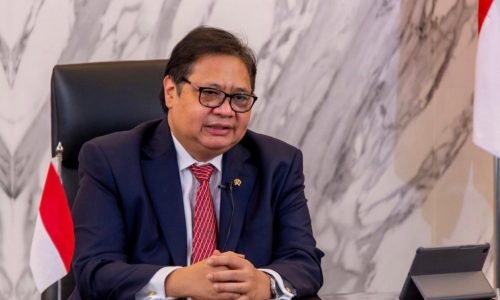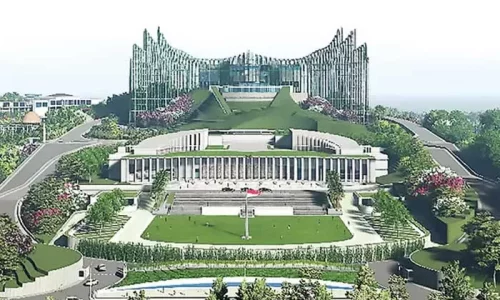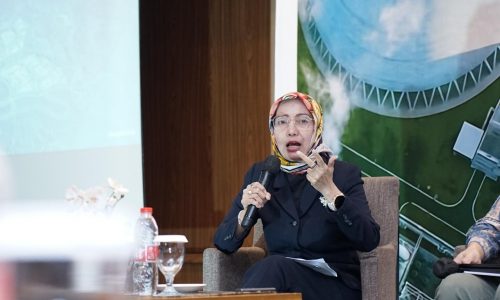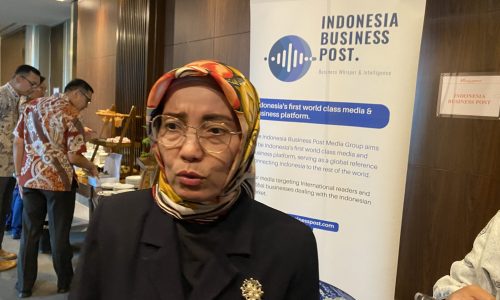The Center of Economic and Law Studies (CELIOS) sheds light on the funding sources for the free nutritious meal (MBG) program, which continues to be in the spotlight due to the potential for redirecting additional funds from other location posts.
Media Wahyudi Askar, CELIOS Public Policy Director, said the potential for additional budget is because President Prabowo Subianto is targeting all children throughout Indonesia to receive the program.
“So where will the budget come from? It will not be possible to have a new budget without shifting or reducing other sectors,” Media said on Tuesday, January 21, 2025.
He is worried that if the government takes the budget from other sectors for MBG again, the impact will be massive. He asked the government to be careful in planning the budget for the program that has currently received a budget allocation of Rp71 trillion (US$4.3 billion).
“Because the MBG program is populist and tends to crash here and there, the worry is that there will be a fiscal disaster in Indonesia,” Media cited.
Currently, many budgets are shifting to MBG, with the media reporting of budget cuts imposed to other public service sectors. Therefore, he questioned the planning of this program.
“Today we do not have a clear plan for that. Maybe it will be discussed during the revised State Budget (APBN),” he said.
He said further that the many plans to expand MBG submitted by President Prabowo Subianto will allow for more budget reform. According to him, if many budgets are shifted to MBG, it could have a negative impact.
“This is an alarm and very dangerous for fiscal sustainability in Indonesia. Unless the government has other financing alternatives outside of the debt scheme or diversion from the education budget,” Media warned.
Muhamad Saleh, a researcher at CELIOS, said that the MBG program does not have clear guidelines, which is the reason why there is a lot of discourse regarding the budget with local governments (Pemda) participating in funding the program.
“The confusion regarding MBG’s financing scheme shows that MBG does have legal problems,” Saleh said.
He suggested that the MBG should be designed with clear regulations that formulate the program’s authority and division, as well as stipulation on the institution that will implement it.









